Starting Your Own Amazon Associates Affiliate Blog
Amazon Associates Affiliate blogs are making thousands of dollars every month and you can start your own blog today with very little effort. We'll be looking at all the aspects that you need to cover to start making money from your own Amazon Associates Blog, including finding a niche, keyword research, producing content that converts and more.

- Starting Your Own Blog
- Finding A Niche
- Keyword Research For Amazon Associates Blogs
- Producing Content With Amazon Products
- The Waiting Game
Amazon Associates is one of the most popular affiliate programs on the internet. It's one of the easiest affiliate programs to use and converts extremely well because of how trusted Amazon is. It doesn't require a lot of effort to get started either; you can earn commission on promoting any product that Amazon lists.
We've been a member of Amazon Associates for years and it's played a huge part in generating our income. At first it took us a while to get started, but once we got our first sale, it was very easy to replicate the process.
If you've ever wanted to start your own blog, one of the best ways to monetize it is with the Amazon Associates program. Today we'll look at how you can start your own blog and what you need to consider to make a successful Amazon Associates blog.
Starting Your Own Blog
To get started, you first need to setup your own blog. There are a few choices available to you:
- A free blog platform
- Self-Hosted Blog Platform
- Custom Website
We recommend using the middle option: Self-Hosted Blog Platform. What this boils down to is setting up your own website using a webhost and then using a blogging platform like WordPress on top of it. This way you get:
- Complete control over your blog.
- Setup your own full domain (no ugly subdomains or anything like that)
- Access to all themes/plugins available for WordPress's platform
- A powerful and proven blogging platform in WordPress (it's free for everyone)
- Easy to scale up if your blog is a success
- A great way to learn about setting up and managing a website
By using WordPress, you also get the added-benefit of using plugins to improve your blog. Installing a plugin takes a few simple clicks and is a great way to offer functionality that static websites lack. There are also lots of Amazon Associates Plugins that can help with getting sales, making the whole process of starting an Amazon Associates blog even easier.
If you're looking for a cheap web-host, we definitely recommend using Bluehost. They offer a free domain and SSL certificate to all new users, and it costs as little as $4/month! They even offer a quick WordPress setup solution, meaning they do all the heavy-lifting of installing the platform for you and you get the benefit of a top blogging platform for very little effort. The cost of setting up a blog is very little in comparison to the amount you can earn back by being an Amazon Associates blogger.
If you don't want to use Bluehost and prefer another webhost, you'll need to also buy a domain name to go along with it. Domain Names cost around $10/year depending on which TLD you get. I'd recommend sticking with a .com domain; make sure your domain is relevant to the site you're creating too, as this will be important later. A good registra is Namecheap (make sure to check their Promo page for deals!).
Don't forget to sign up to Amazon Associates too. It's free to do, and it takes a couple of days to review applications, but most people get accepted. You can't use their API until you actually make a sale, but you can use there free link tools on the associates site.
Finding A Niche
Once you have your blog setup and ready to go, you need to consider what niche you're going to target. Of course, you could just make your blog about everything and anything, but that approach is incredibly hard to scale, convert and compete with other sites.
By creating a site that targets a specific niche, your blog can become an "authority site" amongst other smaller sites. All of the content you produce for a specific niche helps Google identify what your site is about, helping it rank for relevant keywords and allow you to compete against similar sites.
For example, if your site is about Construction and most of your articles refer to construction tools, Google will have a great idea and understanding of what your site is about. Your visitors will also feel like you know what you're talking about, allowing them to trust your recommendations more and convert more affiliate sales.
Picking a Niche is also important to how successful your blog becomes. I've seen many sites and blogs (many of my own too!) crash and burn because the niche they picked was too competitive. You'll have no chance competing in the Pharmaceutical industry because it is dominated by powerful companies with serious financial might behind them. However, if your niche was about Ironing Boards, you have more a chance of succeeding because of how less crowded the market is.
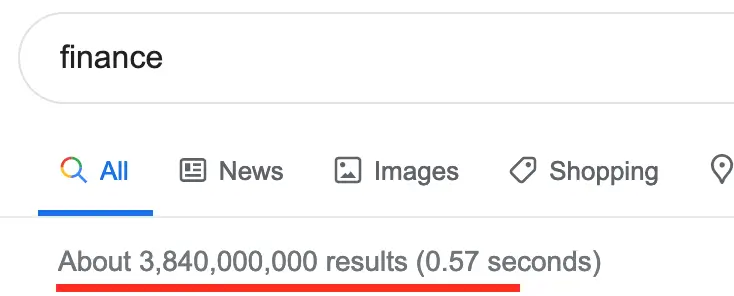 vs
vs 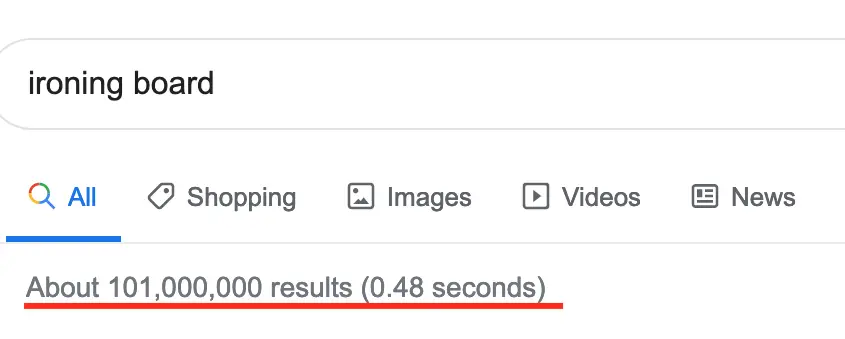
One way to analyse a good Niche is to check SERPs for certain keywords in your Niche. SERPs are the Search Engine Result Pages, such as Google listings. By analysing the SERPs, you can get a good idea of the type of competition your niche faces. You'll be looking for websites that you can beat in terms of content you can produce and SEO. A good metric to look at is Domain Authority by Moz, which tells you how powerful a domain/website is based on how many backlinks it has. If you find SERPs which have lots of low-quality backlinks, then it is a prime target and easy pickings.
There are various tools you can use to help you analyse SERPs, including many free ones. KWFinder offers a 10-day free trial, and Moz themselves let you look up 20 searches per month. For finding a Niche, that's all you really need.
One other important aspect about targeting a niche is making sure there are products you can sell. I made the mistake of creating a flower-niche specific site, only to find that Amazon doesn't actually have a good variety of flowers in that niche to sell; there's also the issue of item price. Amazon only pays a small percentage on commissions, so if your item is only worth $10, you're going to need to have a lot of conversions to make decent money.
Finally, you need to pick a niche that you actually can write about. Blogging is all about producing useful content; if you can't write about a topic and produce thousands and thousands of words of content, blogging will feel like walking through mud.
To summarise, pick a niche that:
- Isn't very competitive
- Analyse the SERPs to make sure you can produce better content
- Has lots of products on Amazon you can promote
- Is something you can write about
Keyword Research For Amazon Associates Blogs
Ideally picking a niche and Keyword Research should be done together; keyword research allows you to analyse more of your competition and get a better understanding on the type of content you will need to produce. It's also one of the best ways to figure out what content is worth producing.
I used to writ my articles without doing any kind of keyword research. I would come up with a list of articles I wanted to produce and then get them done. Simple. Unfortunately, that meant more than half of my articles ended up getting zero traffic because my article ideas had been already been done by blogs that were better than me and had better content. I had no idea about what I was up against and wasted a lot of time writing them.
For example, I wrote about Top Tools For Freelancing (it's a useful article!) but it's been done to death by other bloggers. There's very little chance my article will rank on Google amongst them.
Keyword Research allows you to find articles worth writing about. It's definitely a skill and takes time to find the right ones, but once you find the low-hanging fruit, you can safely bet that your content will produce results.
To do Keyword Research, you need to use certain SEO tools to help you. There are ones that can be used for free for a limited time, and there are paid ones which can really help you dig deep. For someone just starting out, I recommend taking advantage of all the free trials you can because SEO tools can be expensive.
KWFinder has a 10-day free trial and allows you to look up 5 keywords a day without needing to enter a credit card. 5 Keywords isn't a lot, but it's enough to get you started on finding some good articles to write about.
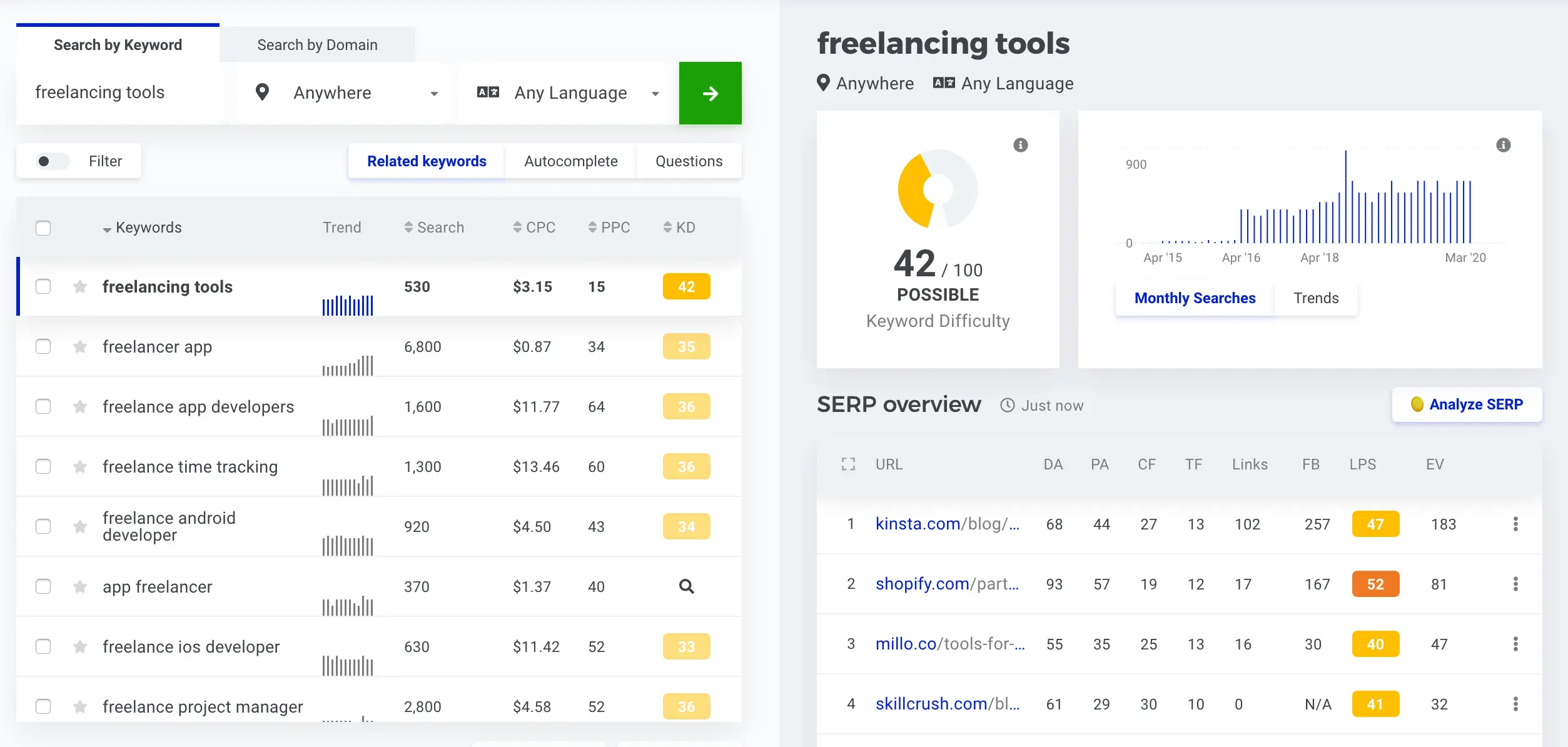
My process is usually done like this:
- Come up with some article ideas
- Find the main keywords for these article ideas and make a list of them. For example, if my article was Top Tools For Freelancing, my keywords would be Tools For Freelancing.
- Run a search on Tools For Freelancing using a keyword tool like KWFinder. It will then show me SERPs for that keyword where I can analyse my competition. I usuall check the top 5 pages and see what kind of content they are producing for those keywords. Can I beat it?
- Then I look at the website the content is on; how good is their Domain Authority ranking? How many backlinks does that site have? I have a better chance of outranking a site with a DA of 20 and a few backlinks, than a site like Microsoft with a DA of 80 and millions of backlinks.
- If I feel like I can produce the better content, and the Domain Authority on these sites is quite low, I'll go for the article.
The other part of Keyword Research is getting ideas to write about. If you don't have any subjects you can think of, you can enter in a couple of general keywords like "Freelancing" and the keyword tools will come up with thousands of associated keywords that are relevant.
There are more powerful tools that KWFinder out there, such as Ahrefs which costs $90/month for the lite version. Using these kinds of tools when you're just starting out is very expensive and I would always recommend going for free versions before you move onto the more advanced tools.
Keyword Research Tools:
Producing Content With Amazon Products
Once you've done all your keyword research and dived deep into your competitor's sites, it's time to finally start blogging. You may feel exhausted by just even reading this article, but this is the level of research you need to do to make a successful Amazon Associates blog.
Producing content is one of the best parts of blogging, especially if you're interesting in the subject matter. If you're creating a blog about something that doesn't really inspire you, it's going to feel like a grind. And that is OK too- you can make plenty of money from writing about things you don't care about. You can also invest money into your blog content if you have money to spare.
Quality Content will usually win in the end. There are areas where low-quality content still rakes in the money, but slowly and surely Google will start deranking those content pages in favour of the higher-quality content. To play it safe, it's best to make sure every piece you write for your blog is of a high-level.
There are lots of different types of articles you can write, including:
- Reviews Of Products
- Informational Content
- Diary/Reports
- Guides/Tutorials
- Top Ten Lists
- Alternative Lists
- Best Buy Articles
And many more. Creative Bloggers won't giveaway their secrets anytime soon, especially if it's making them big bucks. You'll have to figure out how you can create quality content that ranks mostly by yourself. Sometimes you'll feel like you've produced a really good piece of content and it will get 0 sales. Other times you'll put in half the effort and suddenly find yourself earning hundreds of dollars from it.
Don't forget, that whilst writing these articles, you also need to include your Amazon Associates Product Links in them. You'll want to display images of the products, along with information such as name and perhaps a useful button to encourage the user to click on the product (like Check Price or Buy Now). Each click on an Amazon product is registered in your Amazon Associates Dashboard, so you can see if anyone is clicking on the products in your article. You can also see any earnings you have earned too.
My best piece of advice is be consistent. Trial and error is what got me through making this blog and many other ones I run on the side. Once you figure out what good content works, blogging becomes a breeze.
When producing your content, you shouldn't overlook the value of SEO too. On-page SEO is all about optimising your content for Google to rank you higher and bring you more traffic; there are plenty of guides out there that can help you with this. If you're using WordPress, there are also tools which will analyse the articles you're writing too.
The Waiting Game
Every new blog and site has to wait for it's content to start ranking. A completely new site is usually put into a 6-month "sandbox" by Google, meaning the articles you write won't start ranking high in Google until 6 months is up. It's their way of trying to ensure sites stick around for a long time and aren't dead on arrival. There is definitely correlation between older sites being able to rank higher than newer sites.
Once you've produced your content, there can be an urged to start checking your analytics and Amazon Associates dashboard every single day. Unfortunately, that's one surefire way to demotivate yourself. If I'm starting a new site I don't expect to earn anything for at least 6 months and I expect my traffic to be almost non-existant. I'll check once a month to see if there are any improvements.
In that six months I'm writing lots and lots of content. I'm constantly producing new articles that I think have potential and constantly researching new keywords and products to offer. I like my sites to have at least 50-100k words before I even think about leaving them to sit. The more content you have, the more keywords your site can rank for and thus boost your traffic and earnings.
Of course, some blogs get really lucky. Google will sometimes rank newer sites in brand new niches that have emerged and allow you to start getting good traffic right away. You can also get a piece of content go viral on social media, bringing in plenty of traffic.
Just keep blogging. Give it six months of hard work, producing as much as you can and then see what results you have. Don't expect overnight success; blogging is definitely a waiting game.

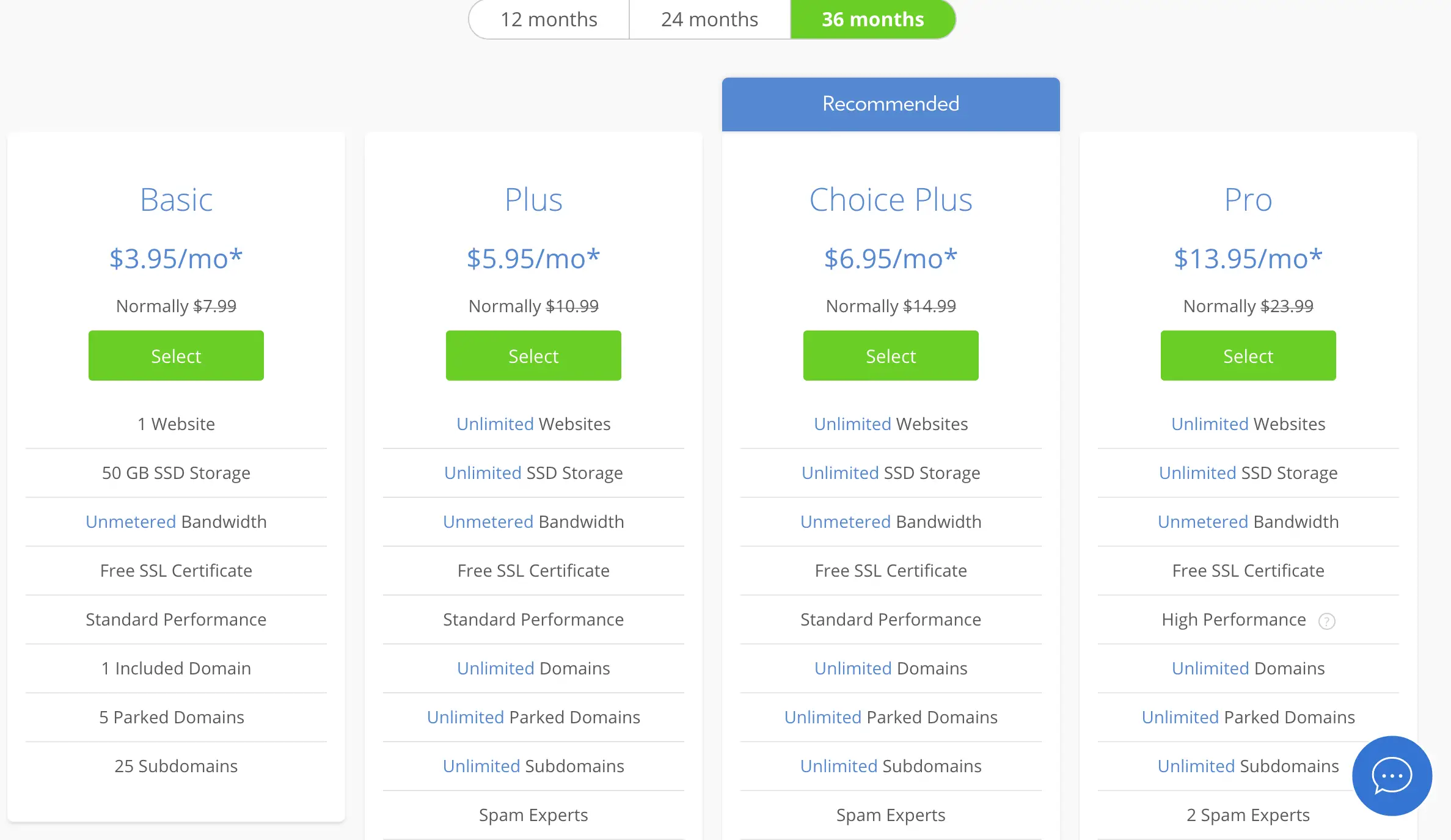
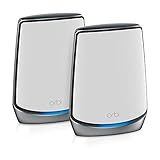
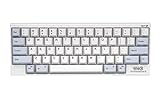













Leave A Comment